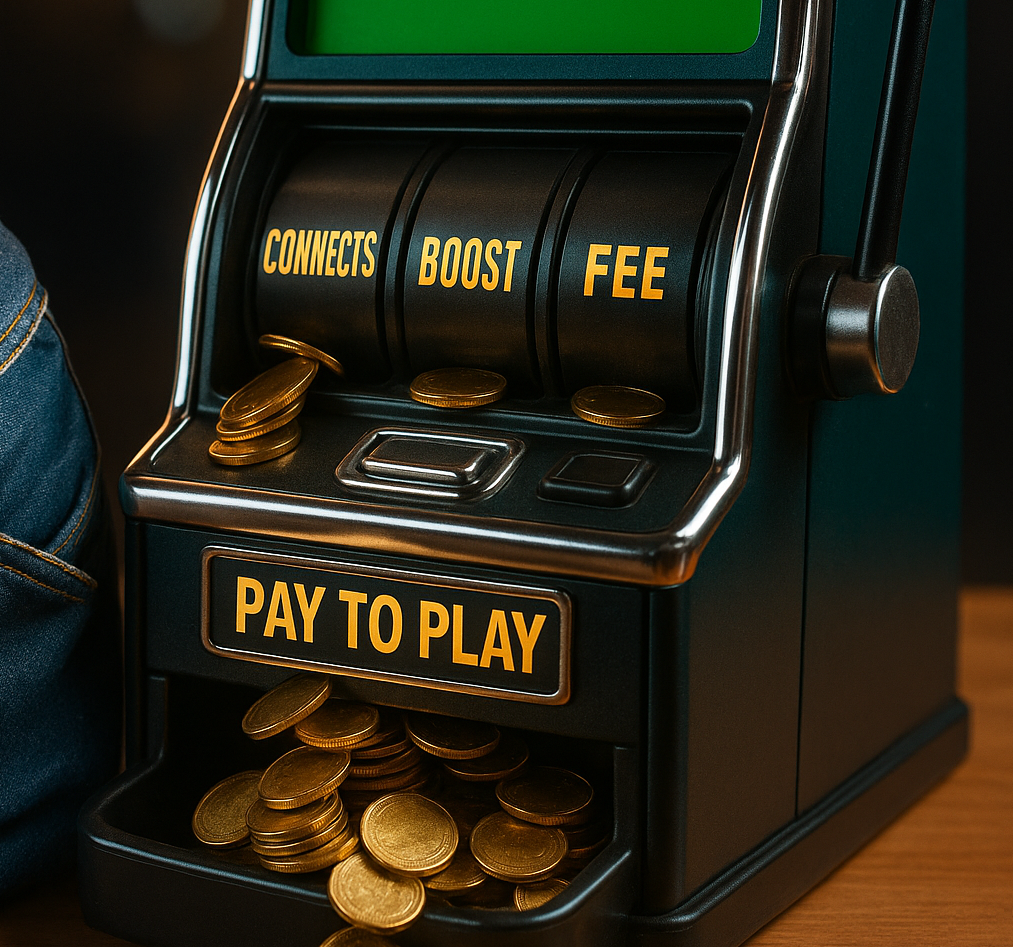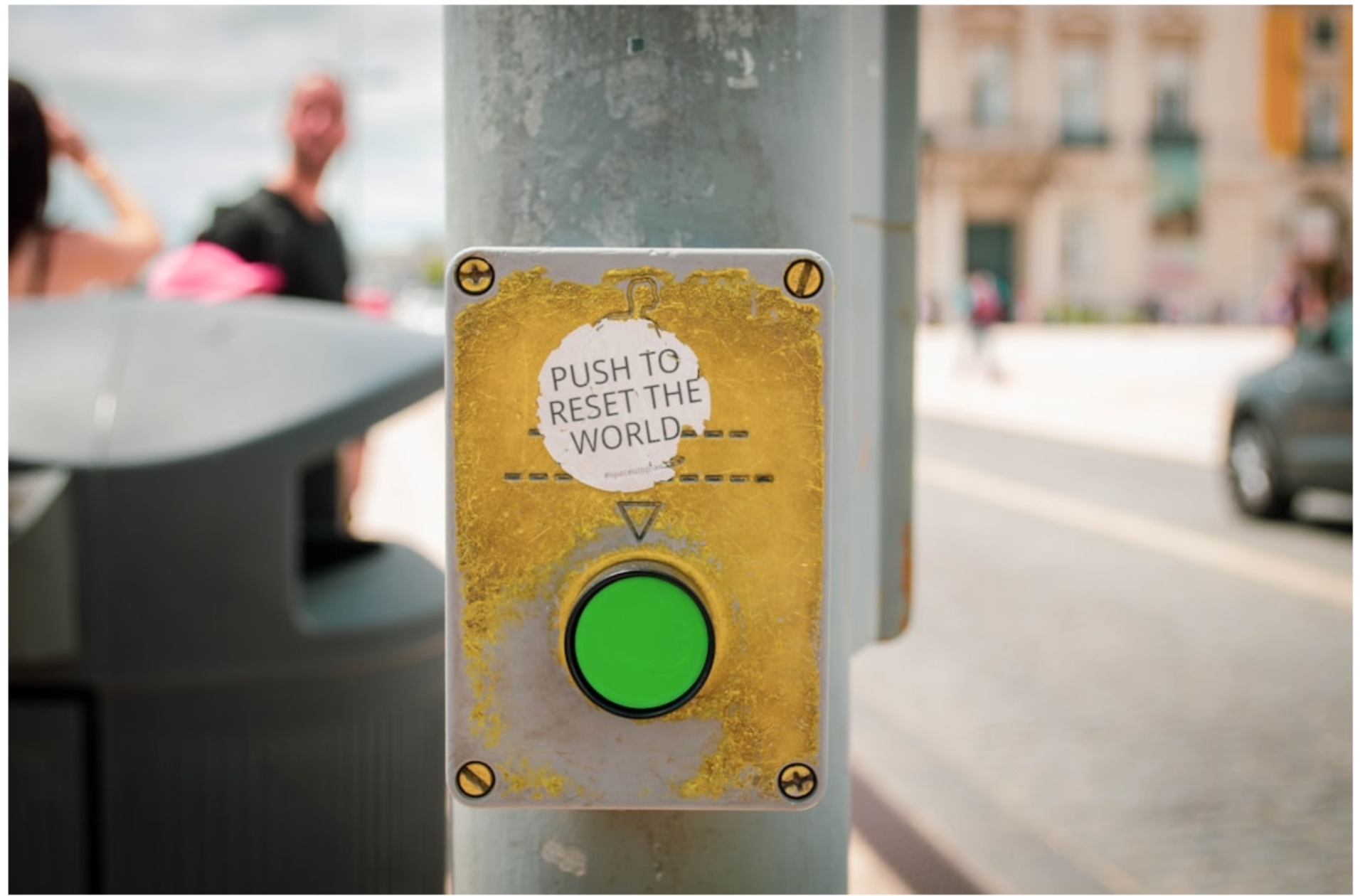How to Choose
the Right Clients on Upwork :
Practical Tips
A good client is more than just money. It’s your reputation, your opportunity for growth, and your daily work experience. Based on our years of experience on Upwork, we’re sharing practical tips to help you find clients that truly fit you. You’ll meet all kinds of clients on Upwork. Here’s what to pay attention to:
Reviews and Contract History
You can analyze a client even before reading their job post. We believe a good client is more important than a good project. A client with poor reviews is a risk to your reputation, so weigh the risks carefully.
Clients with a good reputation have many positive reviews, set clear tasks, communicate well, and usually pay fairly.
New clients with no history are just starting on the platform. They can become long-term partners, but they may also bring risks due to unclear expectations or lack of structure. Be prepared to guide them through how the platform works.
Clarity of the Job Request
You can often tell whether a client knows what they want from their job post and later communication.
👉🏻 Clear clients provide well-defined goals and detailed tasks, making your job easier.
👉🏻 Unclear clients are vague in their requests, lack examples, or don’t have a clear goal. This requires more communication, but can lead to interesting challenges.
👉🏻 Chaotic clients are driven by emotion and confusion.
They:
🚩 struggle to explain what they need;
🚩 give no clear direction (“just do what you think is best”);
🚩 may be aggressive or disrespectful.
These are red flags — loud and waving. Avoid them.
Business Size and Type
Understand how big the client’s business is, what goals they have, and what resources they already use. This will help you assess whether you can meet their expectations and how complex the tasks might be. Take on tasks you're at least 70% confident about—the rest you can learn on the go.
Who Makes the Decisions?
Gently ask during the call: “Can you tell me a bit about your role in the project?”
This helps you understand whether you’re speaking to the decision-maker or if approvals need to go through multiple people. It affects your communication speed and how quickly decisions are made about your work.
How Do You “Choose” a Client?
Everyone has their own approach and level of risk they’re willing to accept. Our advice: choose clients who are pleasant — or at least clear. Personal connection is the key to long-term collaboration. Take on tasks you're at least 70% confident about—the rest you can learn on the go.
During initial conversations, try to sense whether you'll be able to build a comfortable working relationship. This will make it easier to resolve misunderstandings later and lead to a more enjoyable and productive collaboration. Take on tasks you're at least 70% confident about—the rest you can learn on the go.
We spend a big part of our lives working—so let’s be intentional about how and with whom we do it. Take on tasks you're at least 70% confident about—the rest you can learn on the go.
Want more practical advice?
Check out these podcast episodes featuring our founder Denys Safonov and the creator of the YouTube channel Freelance Mushrooms:
More Articles

How SEO Is Changing in the Age of AI
21-10-2025
AI is transforming search. Learn how SEO evolves into AEO and GEO — where visibility means being cited in AI answers, not just ranked in results.

Keeping the Human Mind Sharp When AI Can Do It All
16-10-2025
AI makes work easier, but thinking harder. Learn how to stay creative, critical, and human in the age of intelligent machines.

AI Workslop: Why Businesses Pay Freelancers to Fix AI
07-10-2025
AI speeds up work but often creates “workslop” - results that look complete yet lack value. Freelancers are the ones turning them into quality.

Disney Creative Strategy: How Ideas Become Reality
03-10-2025
Disney Creative Strategy: dream, plan, critique — a tool to guide ideas from imagination to real-world results.

Upwork Boost: Increasing Freelancer Profile Visibility
29-09-2025
Discover how Upwork’s Available Now badge and Profile Boost work, their costs, pros and cons, and which boost is best for freelancers or agencies.

10 Posts to Help You Get Started on Upwork
29-09-2025
We’ve gathered a set of articles to guide you through the essentials — from setting up your profile to building long-term client relationships.

Etcetera summer 2025 report
26-09-2025
Etcetera summer 2025 results: quiet season, new team members, shifting Upwork rules, and plans for an active autumn.

Upwork Feedback: a trust tool you should learn to read and write
22-09-2025
Upwork feedback is more than stars — it builds trust, shapes reputation, and guides choices. Learn how to read, request, and write reviews effectively

7 Hats: a thinking tool that saves time and nerves
08-09-2025
Instead of mixing emotions, facts, and criticism in chaos — this method by Edward de Bono helps separate thinking modes.

Upwork: From Simple Fees to Pay-to-Play
29-08-2025
Discover how Upwork’s fees evolved from flat 10% to a pay-to-play model with Connects, boosts, and variable 0-15% commissions in 2025.

Upwork Reset 2025: How to Refresh Your Freelance Strategy
25-08-2025
Discover 5 practical steps to reset your Upwork strategy in 2025: update skills, rethink pricing, optimize proposals, and grow with the market.

How to Build a Team That Won’t Fall Apart in a Crisis
22-08-2025
How to build a strong team that survives crises: Denys Safonov shares lessons from 11 years of leading the agency Etcetera through global challenges.
